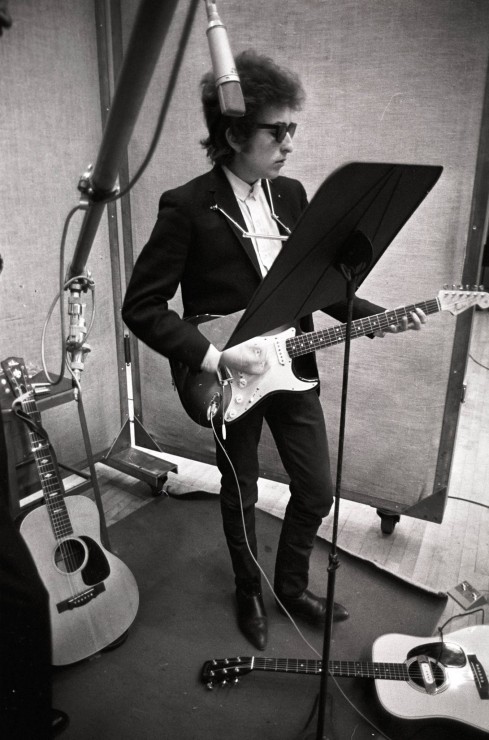On Oct. 13, it was announced that Bob Dylan would be the recipient of the 2016 Nobel Prize for Literature — the first American in 22 years, and the first musician ever, to receive the award.
And while Dylan certainly appeals to many as a musician, the idea that he was the best choice for a prize concerning itself with “literature” pissed a lot of people off. Scottish author Irvine Welsh called the decision “an ill conceived nostalgia award wrenched from the rancid prostates of senile, gibbering hippies,” while Anna North wrote in the New York Times that literature needed the prize as “a way of affirming that fiction and poetry still matter.”
They’re both valid arguments — though one seems a little more lucid than the other — and are shared by the many people who paid attention to the awarding. But for myself, and plenty of other people, the right decision was made.
Alfred Nobel, for whom the award is named, wanted his literature award to go to whomever produced “the most outstanding work in an ideal direction” in the field of literature.
Sure, “an ideal direction” is about as vague and as subjective as it gets, but I think that songwriting is enough of a relative to literary forms like fiction or poetry that it can still be considered for this award. It’s not a sibling of poetry or fiction, but a cousin. It all came from the same place — literature has a rich history of bards telling stories, often accompanied by music — and it does the same thing. Literature affects us through language; does it really matter that much whether you’re hearing the language or reading it?
We should be looking at the “outstanding work” Nobel wrote about when the prize was established. Is Dylan’s work outstanding? Absolutely. Is that the only question we should be asking? Yes.
For one, Dylan’s lyrics read better off a page than any other musician out there. There’s an argument to be made that putting guitar with anything makes it sound more profound (it’s a mantra many college freshmen looking to get laid live by), but you can take the guitar away from Dylan and his words are still important. There’s a reason a book of his lyrics from 1961–2012 is being published this November: his songs are some of the most important contributions to American culture ever.
“Blowin’ in the Wind” was the soundtrack for ‘60s anti-war and pro-peace movements, and Dylan’s popularity as an independent artist broke up “Tin Pan Alley” — the nickname for the collection of New York-based producers and musicians who had a monopoly on the American music industry in the early 1900s and had controlled the way music was produced and sold for almost forty years. He influenced other incredibly influential musicians like Paul Simon, Johnny Cash, Taylor Goldsmith (look him up), and any other musician who has picked up a guitar in the last 50 years.
I can empathize with the argument that the award should go to a fiction writer, or a poet. As a writer (and a journalist, at that), I realize that creative writing can be very much a lonely and thankless occupation. But that’s not Bob Dylan’s fault, and it’s unfair to expect the Nobel Prize to be the sole institution to rectify the public’s brutal lack of recognition for fantastic writers.
You’re never going to please everyone with this award. There are plenty of writers who could’ve won and we wouldn’t have said anything at all. Even when considering just American authors, I’ve seen Thomas Pynchon and Cormac McCarthy named as deserving writers, and they are (especially McCarthy, for reasons perhaps related to his first name).
But as a Dylan fan, I’m happy with the recognition that he’s not just a great musician, but a legendary artist. He deserves his place among the best writers of all time, simply because he /is/ one of the best writers of all time.
Editor’s note: At time of writing, we were unaware that Bob Dylan has actually yet to receive or accept his Nobel Prize. However, we think the point stands that Dylan deserves the award (even if he may not think so).
Correction: A previous version of this article said Irvine Welsh was, well . . . Welsh. He is, in fact, Scottish. We regret the error.







